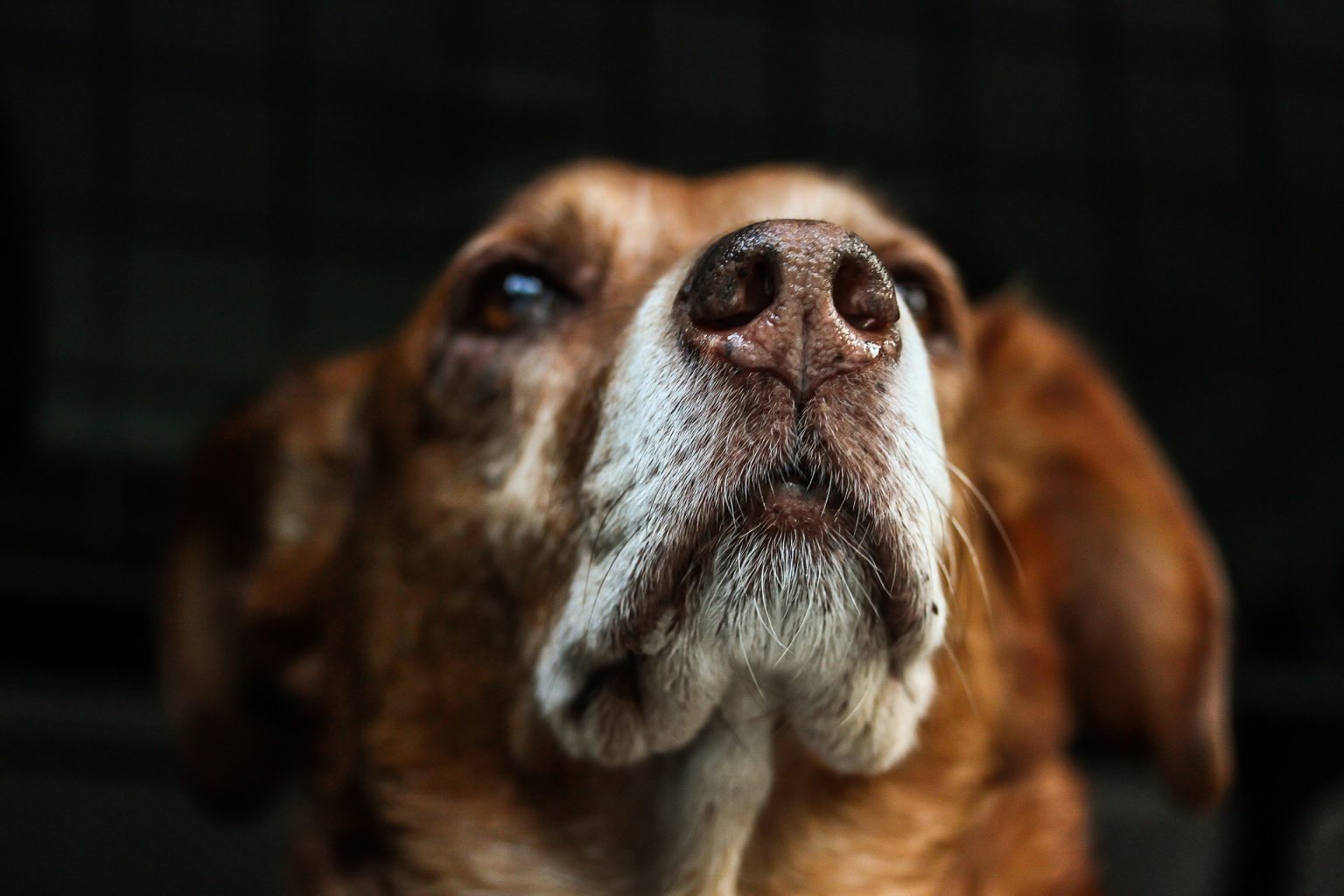A message from our Dr. Al
According to the Public Health Agency of Canada, “There is currently no evidence to suggest that any animal native to Canada (wild, livestock or pets) harbours the virus that causes COVID-19. It is possible that some types of animals can be infected with COVID-19 but there is no evidence that pets or other animals can spread the virus. There are still many unknowns about COVID-19 and this is an area that remains to be studied and understood.”
Some have asked if a person with COVID 19 sneezes or, in some way, contaminates a pet, could the pet spread the disease to others? While experts are saying yes, it is possible, the likelihood is low. The virus survives longer on hard and inanimate surfaces than on a pet’s hair coat.
That said, if a family member is thought to have the disease, like all other family members, they should be quarantined at home to avoid other humans and pets.
Five things to remember (especially if your beloved pet is fighting cancer):
- Support the immune system – Supplements such as probiotics, Omega 3 fatty acids, balanced vitamin and mineral supplements, natural antioxidants, and specific herbs and spices can help support a pet while fighting diseases such as cancer.
- Exercise – Get out when you can! More frequent walks can have a very positive effect on both the pet and the Guardian.
- Grooming – Brushing and combing is a pleasurable experience for many pets and can have a positive benefit to both the mental and physical state of a pet under stress fighting a disease.
- Nutrition – Cancer cells love carbohydrates, so low carbohydrate foods and treats are best. High animal protein recipes increase palatability and encourage the pet to eat. Balanced raw foods and treats can also encourage better food consumption.
- Nurture (Love and attention) – Spending more time in close and loving contact with your beloved pet is always uplifting for both the pet and the Guardian. They have given so much to us and asked for so little.
Remember that your pet depends on you
Your health and safety are the most important right now. Your pet needs you to stay healthy to provide the essential care it needs.
If your pet is under veterinary care or needs medical attention during this time, it is my understanding that veterinary hospitals are allowed to remain open as they are an essential business.
There will be those that have been diagnosed with COVID-19, and those that were exposed to it that have been directed to quarantine themselves for a minimum of 2 weeks.
Those humans that are sick should make sure that there is a designated person to care for the pet during their illness, to be certain that nothing is forgotten in the routine care of your pet.
They should make sure there are ample stocks of the supplies needed for the pet as the veterinary supply chain may be disrupted as a result of this crisis.
If you have questions or concerns with your pet’s health, write us here

